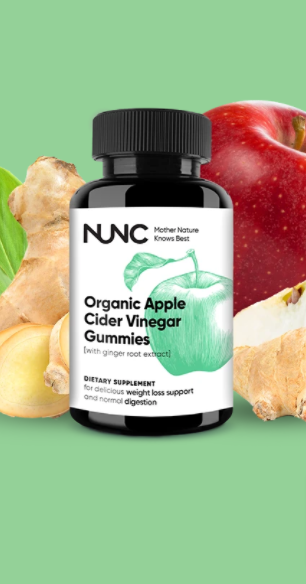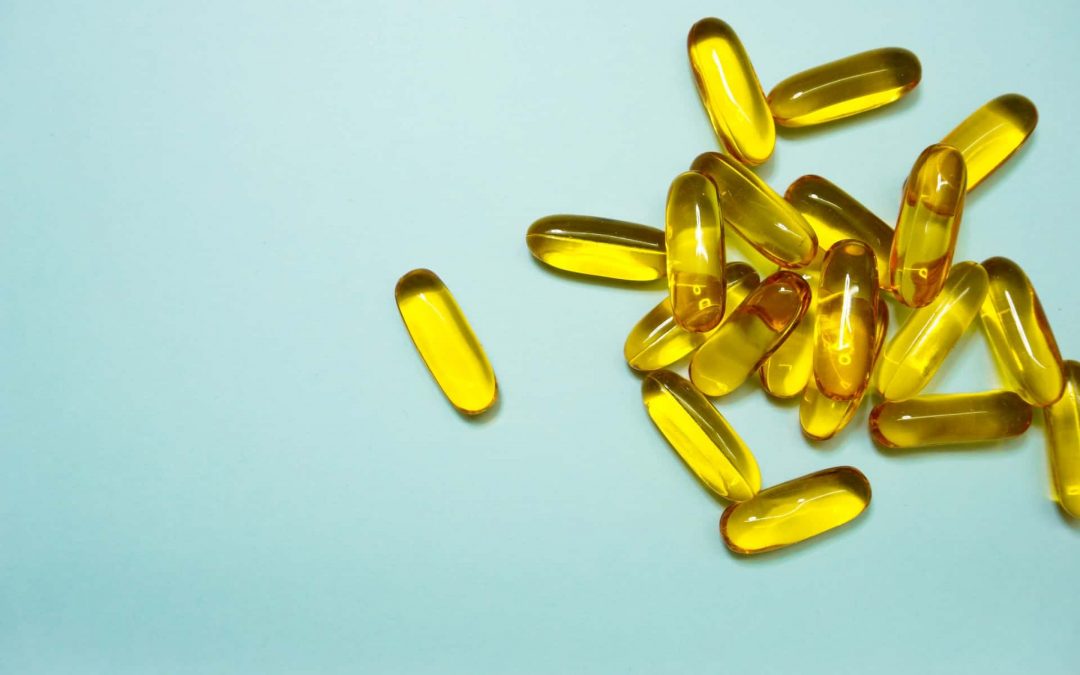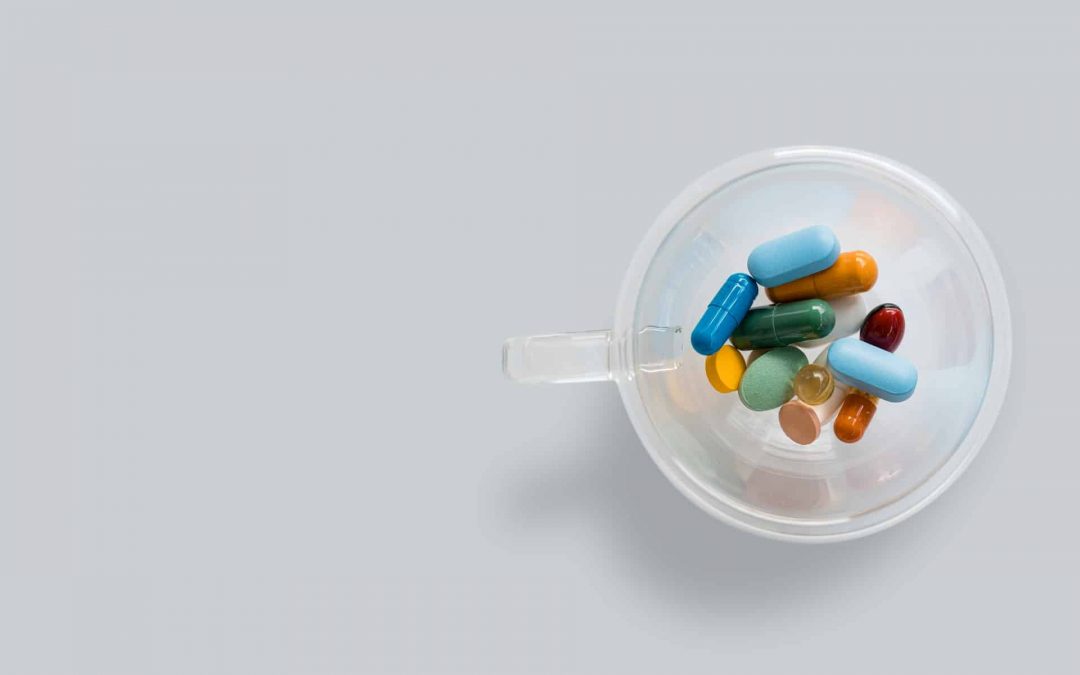Coffee is a drink that many people can’t live without. It’s something they rely on to get them through the day, or just to have some time in peace and quiet. But does coffee actually cause inflammation?
In this article, we’ll explore the possibility of whether or not coffee causes inflammation, as well as how anti-inflammatory foods may help reduce inflammation for those who want to enjoy their morning cup of Joe!
Contents
The benefits of coffee:
coffee has been shown to have many health benefits.
- It helps reduce the risk of diabetes, Parkinson’s disease, and liver cancer.
- Coffee is also a source of antioxidants in your diet which can slow down cell damage and inflammation.
The downsides to coffee
While it does offer some great benefits, there are several drawbacks that accompany drinking coffee as well.
- One such downside is that caffeine has been shown to increase cortisol production; an increased level of this stress hormone causes higher levels of inflammation in the body overall.
- This could be especially bad for those who suffer from chronic pain syndromes like fibromyalgia.
- Drinking coffee can also cause anxiety; it’s been shown that caffeine may be able to increase our level of cortisol and adrenaline, which are both linked with higher levels of anxiety.(See: Coffee Increases Stress Hormones)
- Lastly, drinking too much coffee can lead to health problems like headaches or insomnia (see: Caffeine does not cure your sleep deprivation).
A discussion about inflammation:
Inflammation is your body’s natural response to an injury or other insult. It helps fight infection, removes the dead cells and cell fragments that accumulate when old tissue breaks down during healing and stimulates new growth of healthy tissue.
Inflammation can be a delicate balancing act between damaging too much tissue as it heals some tissues beyond repair while at the same time stimulating new healthful processes in others. In healthy people, this process usually does not cause problems because it occurs only for short periods of time after wounds heal normally.
But if you are in pain for months on end with no relief or without knowing what caused it, you may have been experiencing chronic inflammation from something like arthritis or fibromyalgia.
Chronic inflammation is defined as an inflammatory condition that has been going on for more than half a year. In most cases, chronic inflammation does not come from an outside source such as pollen or infection but rather originates within the body itself.
Chronic inflammation can be categorized into four different types:
- Acute (meaning it lasts less than six months),
- Sub-acute (lasting between six and twelve months),
- Persistent (continuing over 12 months),
- And finally chronic inflammation lasting at least two years a disorder is known to cause all kinds of health problems in adults including cardiovascular disease, cognitive impairment, obesity, cancer risk elevation and other conditions like diabetes mellitus type II or rheumatoid arthritis.
Is Coffee Bad for Your Health?
For many people, drinking coffee in the morning is a routine part of their day. However, it’s not uncommon to wonder if this drink might be bad for your health and even cause inflammation! According to WebMD, some researchers have found that people who drink four or more cups per day are at higher risk for heart disease.
The same study also identified an association between drinking coffee and increased levels of homocysteine (a protein used by cells as they work). This could lead to conditions such as stroke, blood clots, osteoporosis, Alzheimer’s Disease, just from one cup of joe every now and then.
Another study done in Japan suggests that regular consumption of coffee increases the risk for inflammation, with counter-intuitive effects.
Related articles:
The 7 Best Foods to Eat When You’re Sick
Everything You Ever Wanted to Know About Flu Immunity
What does this mean? Is drinking a cup of coffee bad for you?
How can you tell if your body is reacting to caffeine by becoming inflamed or having an allergic reaction to it (such as hives)?
The jury may still be out on whether or not one regular cup of java per day has any long-term negative health implications, but some studies suggest that we should start replacing caffeinated beverages like tea and soda routinely consumed throughout the day.
For now, it’s best to monitor how drinks containing caffeine affect us individually: keep track of what kind of drinker you are; what type(s) of drink(s); frequency and quantity; symptoms experienced after drinking; and how the beverage makes us feel.
In any case, a cup of coffee is not going to give you inflammation, but if you notice that it’s no longer making your morning commute more bearable or that it starts to make your stomach queasy after day three; then we recommend switching up what you’re drinking!
For now, we should monitor how our favorite beverages make us feel on an individual basis!
If you notice that a drink containing caffeine no longer makes your morning more bearable or if it starts making your stomach queasy after day three then switching what you’re drinking may be for the best! Currently, the research is inconclusive and ongoing, but there doesn’t seem to be any evidence suggesting coffee causes inflammation. Keep track of what kind of drinker you are, whether it’s tea or soda, as well as when they’re consumed throughout the day.
With that said, it does not seem like coffee causes inflammation; rather caffeinated drinks can contribute to long-term damage in other ways.
For now, we should monitor how our favorite beverages make us feel on an individual basis! If you notice that a drink containing caffeine no longer makes your morning more bearable or if it starts making your stomach queasy after day three then switching what you’re drinking may be for the best!
Currently, the research is inconclusive and ongoing but so far there doesn’t seem to be any evidence suggesting coffee causes inflammation. Keep track of what kind of drinker you are whether it’s tea or soda as well as when you drink it, and how your body responds.
What foods are anti-inflammatory?
Whether you’re looking to prevent inflammation, manage it after an injury or illness, or improve your general health and energy levels with some extra nutrients eating these delicious foods may help! Explore the following list of healthy anti-inflammatory choices. You might be surprised by what they can do for you.
Examples of foods that are anti-inflammatory:
Quinoa:
This ancient grain is a powerful anti-inflammatory food. It contains high levels of manganese, which helps with inflammation and oxidative stress in your body.
Quinoa also includes all nine essential amino acids that are important for muscle repair (and many other functions).
Garlic:
A little garlic goes a long way as an anti-inflammatory. Garlic’s natural compounds including allicin, selenium, vitamin B12, chromium, and zinc, help fight off free radicals to reduce the inflammatory response in your tissues while boosting immunity at the same time!
As well as having these amazing effects on the inside it has some great skin benefits too! Add raw or cooked garlic to salads or stir-fries; mince/grate and add to dips or spreads; eat it raw from a clove, chopped finely in a salad dressing.
Nuts:
Providing healthy fats for the body like inflammation-fighting monounsaturated fat, nuts are also packed with plant compounds that help reduce inflammation.
For example, pistachio extract has been shown to inhibit the activity of cyclooxygenase enzymes, which reduces the production of inflammatory prostaglandins. Other studies have found cashews rich in flavonoids can lower C reactive protein levels (CRP), an important marker for cardiovascular disease risk and chronic inflammation.
Canned Tuna:
A great source of omega-three fatty acids, canned tuna is also rich in protein. A study from the American Journal of Clinical Nutrition found people who eat a lot of fish high in omega-three fatty acids are less likely to experience inflammation as an adverse effect.
Eating tuna has been shown to help lower levels of C reactive proteins and may provide protection against heart disease risk factors like hypertension, insulin resistance, diabetes, and obesity. Omega-three’s have also been linked with improved brain function so eating tuna can be good for your mental health too!
Kale:
This superfood contains many nutrients that support anti-inflammatory processes including vitamin K which aids blood clotting (helping prevent excessive bleeding), vitamin C which helps synthesize collagen and reduce inflammation, calcium to maintain bone strength, fiber for digestive health, and potassium.
Besides being high in calcium, kale is a rich source of lutein and zeaxanthin which are important carotenoids that reduce inflammation and help the body maintain healthy eye health.
This leafy green also contains vitamin K (as well as A + C) needed for blood clotting prevention, manganese used to regulate blood sugar levels, and magnesium among others that have anti-inflammatory properties.
One cup of raw kale has more than double what you need per day with regards to vitamins A & C! All these nutrients make it an easy decision why this vegetable should always be considered when trying out new recipes or even replace your standard salad greens on
Fruit:
Eating a variety of fruits and vegetables is important because each one provides different nutrients which, when combined together in an anti-inflammatory diet, can help reduce inflammation. Some common examples include oranges (vitamin C), strawberries (potassium), or pomegranates (antioxidants).
Although it would be best to eat whole fruit rather than drinking juice due to the low fiber content, sometimes you just need that small burst of sweetness and orange juice with lots of vitamin E like other citrus fruits such as grapefruit has valuable antioxidants needed for healthy cells. Fruits are high on our list for their flavonoids that act as antioxidant scavengers removing free radicals from cell membranes thereby reducing oxidative damage to tissues.
Collard Greens:
Loaded with vitamin K that can help the body create blood clots preventing excessive bleeding as well as vitamins A and C that are key components of anti-inflammatory enzymes in the human body, collards provide a valuable dose of nutrients.
These leaves also contain antioxidants like beta carotene (vitamin A), which inhibit tumor growth. Vitamins C and E have been associated with reducing oxidative stress or damage caused by free radicals on cells leading to cancer prevention.
Collards also contain important minerals such as zinc magnesium among others needed for immune function maintenance along with being high in iron which can be hard to come by for vegetarians.
We hope this article was useful to you, stay safe and stay healthy!
Related articles:
Herbs for immune system boost: all you need to know.
The Immune System: A Guide to Blood, Antigens and Stem Cells











0 Comments